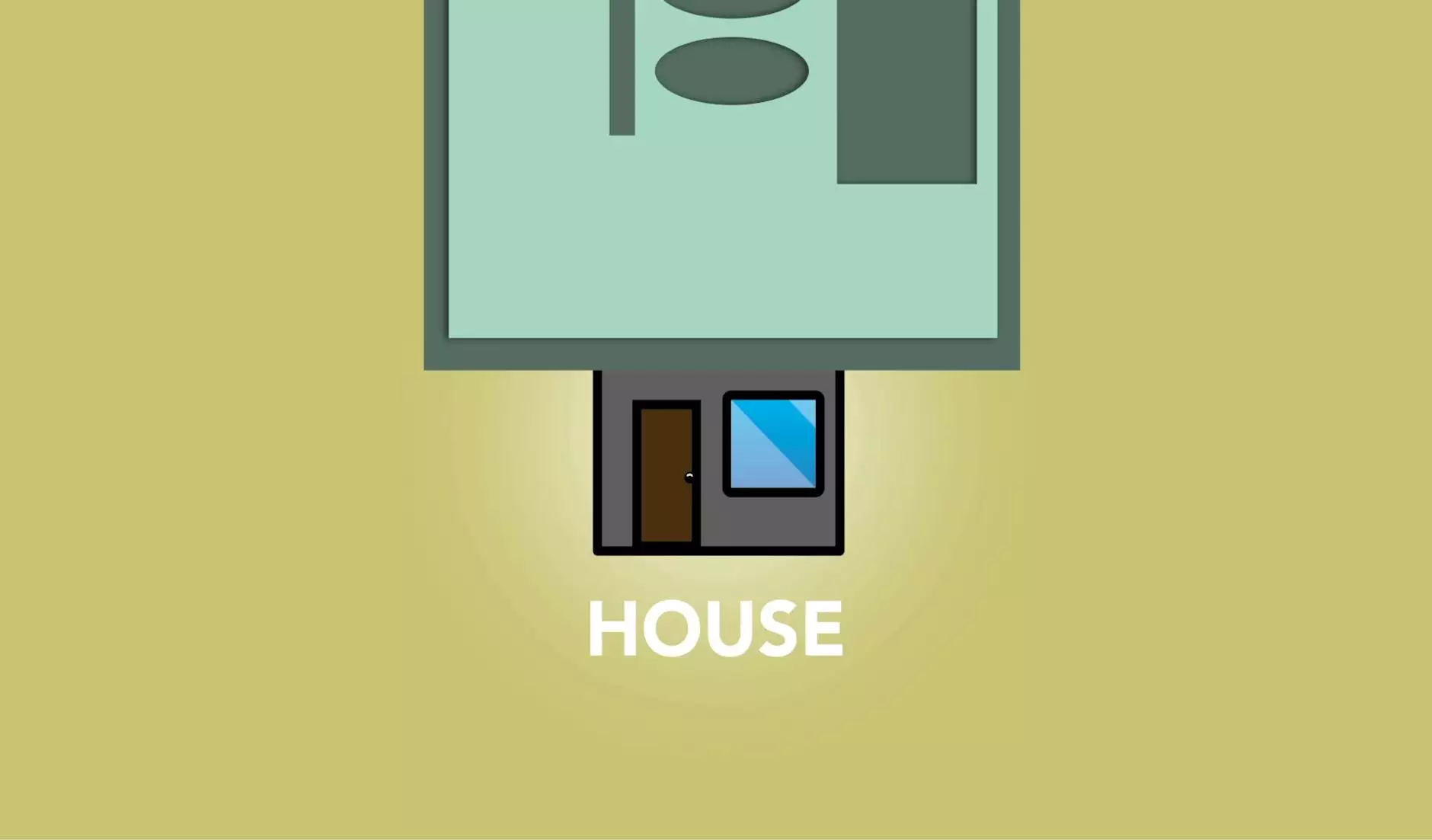Everything You Want to Know About SBA Loans

Introduction
Welcome to Life Designers, a trusted name in consulting and analytical services. In this comprehensive guide, we delve into the world of Small Business Administration (SBA) loans, providing you with all the essential information you need to understand, apply for, and benefit from these loans.
What are SBA Loans?
SBA loans are financial assistance programs offered by the Small Business Administration, a government agency in the United States. These loans are designed to support and empower small businesses by providing them with access to affordable capital through partnering lenders and institutions.
Why Consider SBA Loans?
Small businesses often face challenges in securing traditional bank loans due to stricter eligibility requirements and higher interest rates. SBA loans provide an attractive alternative, offering lower down payments, longer repayment terms, and competitive interest rates, making them a viable option for startups and established businesses alike.
Benefits of SBA Loans
1. Flexible Loan Terms: SBA loans come with flexible repayment terms based on the borrower's needs and financial capabilities. This allows small businesses to develop a repayment plan that aligns with their cash flow and growth goals.
2. Lower Down Payments: SBA loans typically require lower down payments, making it easier for small businesses to secure funding without depleting their cash reserves.
3. Extended Repayment Periods: Unlike conventional loans, SBA loans offer longer repayment periods, reducing the financial burden on small businesses and enabling them to allocate resources to other critical areas.
4. Competitive Interest Rates: SBA loans feature attractive interest rates, often lower than traditional business loans, reducing overall borrowing costs and enhancing cash flow.
5. More Lenient Eligibility Requirements: Compared to traditional loans, SBA loans have more flexible eligibility criteria, enabling businesses with limited credit history or collateral to qualify for financial assistance.
6. Counseling and Assistance: SBA loans often come with counseling and business assistance programs to help small business owners navigate the loan application process, manage finances, and achieve sustainable growth.
Types of SBA Loans
The SBA offers several loan programs tailored to meet the diverse needs of small businesses in different industries. Here are some of the popular SBA loan programs:
1. 7(a) Loan Program
The 7(a) loan program is the SBA's primary and most flexible loan option, providing businesses with working capital, expansion opportunities, and assistance for various purposes like debt refinancing and equipment purchase.
2. CDC/504 Loan Program
The CDC/504 loan program focuses on long-term, fixed-rate loans for major fixed assets such as land, buildings, or equipment. This program enables businesses to finance large-scale projects and expand their operations.
3. Microloan Program
The Microloan program offers smaller loan amounts, making it suitable for startups, micro-enterprises, and businesses in underserved communities. These loans can be used for working capital, inventory purchase, or equipment acquisition.
4. Disaster Assistance Loans
In times of natural disasters or emergencies, the SBA provides disaster assistance loans to help businesses recover, rebuild, and mitigate potential losses.
How to Qualify for an SBA Loan
While the specific requirements and eligibility criteria vary depending on the loan program, here are some common factors that lenders typically consider when assessing SBA loan applications:
- Creditworthiness and personal credit score
- Business experience and management capabilities
- Financial statements, including income statements and balance sheets
- Business plan demonstrating the purpose of the loan and projected profitability
- Collateral available to secure the loan
The SBA Loan Application Process
The process of applying for an SBA loan involves the following steps:
- Research and identify the appropriate SBA loan program
- Gather and prepare the necessary documentation, such as financial statements, tax returns, and business plans
- Choose an SBA-approved lender and complete their loan application
- Submit your application with all required documentation to the lender
- Work with the lender through the underwriting and approval process
- If approved, review and sign the loan agreement
- Receive your funds and begin utilizing them for your business needs
Conclusion
SBA loans can be an excellent funding option for small businesses looking for affordable capital and favorable loan terms. At Life Designers, we understand the importance of accessing the right financial resources to fuel your business growth. We hope this guide has provided you with valuable insights into the world of SBA loans, their benefits, and the application process.
For personalized guidance and assistance with SBA loans and other consulting matters, contact Life Designers today. Our team of experts is here to support you at every step of your entrepreneurial journey.










